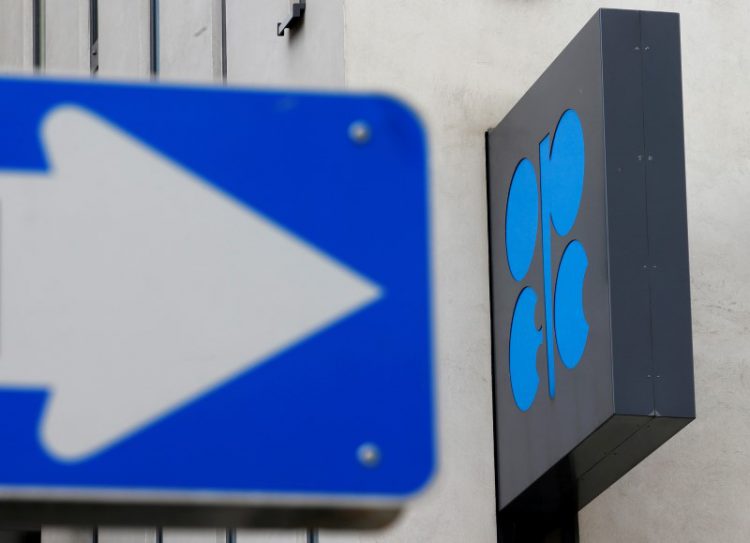OPEC oil output falls on Saudi cut and Nigerian outage
A survey found that OPEC pumped 27.34 million barrels per day (bpd) this month, marking a decline of 840,000 bpd from June. This is the lowest output level since September 2021

According to a Reuters survey, OPEC oil output has decreased in July. This is mainly due to Saudi Arabia’s additional voluntary cut as part of the OPEC+ agreement to stabilize the market, as well as a supply disruption in Nigeria.
The survey found that OPEC pumped 27.34 million barrels per day (bpd) this month, marking a decline of 840,000 bpd from June. This is the lowest output level since September 2021.
In June, Saudi Arabia pledged to cut its output by 1 million bpd, which was in line with the OPEC+ deal to limit supply until 2024. This move has prompted an increase in oil prices, with Brent crude trading above $85 per barrel, compared to around $71 in late June.
Angola and Iraq, on the other hand, saw increases in output in July due to higher exports. However, these gains only partially offset the overall decline in OPEC output.
Saudi Arabia’s output reduction accounted for the largest drop in output, decreasing by 860,000 bpd from the previous month. Crude exports from Saudi Arabia also declined by over 600,000 bpd, according to figures from Kpler.
In Nigeria, Shell suspended loadings of Forcados crude due to a potential leak at the export terminal, leading to a significant decline in output. Additionally, there was a brief stoppage at some fields in Libya due to a protest, which contributed to a slight decrease in output from the country.
It is worth noting that OPEC’s overall output remains nearly 1 million bpd below the targeted level. This is partly due to Nigeria and Angola lacking the capacity to pump as much as they have agreed upon.
The Reuters survey relies on shipping data from external sources, Refinitiv Eikon flows data, information from companies that track flows like Petro-Logistics and Kpler, as well as information provided by sources at oil companies, OPEC, and consultants.